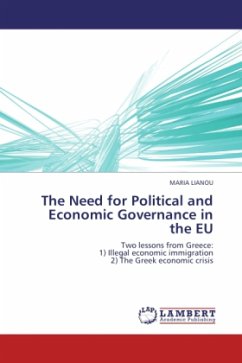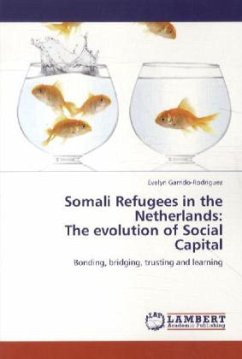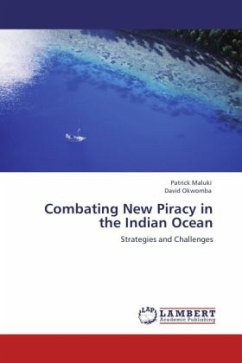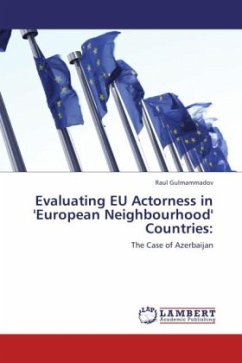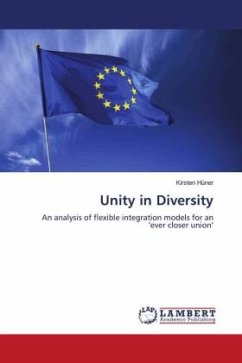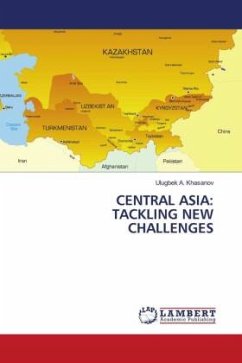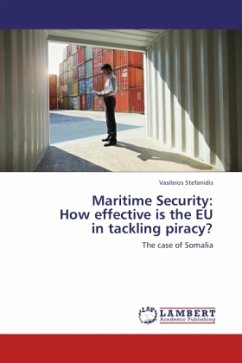
Maritime Security: How effective is the EU in tackling piracy?
The case of Somalia
Versandkostenfrei!
Versandfertig in 6-10 Tagen
32,99 €
inkl. MwSt.

PAYBACK Punkte
16 °P sammeln!
In recent years, piracy off the Somali coast has evolved as a security threat against international shipping and respectively international trade. Among the ramifications of this contemporary security threat are the inevitable costly military involvement of the EU in the fight against Somali piracy and the consequent burden that is put on European tax payers and insurance companies.As very little academic literature exists on how to increase the effectiveness of the EU sinvolvement to fight and eradicate Somali piracy and secure the sustainable flow of EU goods and with the objective to identi...
In recent years, piracy off the Somali coast has evolved as a security threat against international shipping and respectively international trade. Among the ramifications of this contemporary security threat are the inevitable costly military involvement of the EU in the fight against Somali piracy and the consequent burden that is put on European tax payers and insurance companies.As very little academic literature exists on how to increase the effectiveness of the EU sinvolvement to fight and eradicate Somali piracy and secure the sustainable flow of EU goods and with the objective to identify the possible gaps of the EU foreign policy on Somalia and the EU involvement in tackling Somali piracy respectively, this book provides an analysis of the situation in Somalia and advocates a comprehensive approach solution based on the set of principles shared by all EU member-states which implies action on land.The analysis should help shed some light on the current security threat of Somali piracy andits consequences on European economy, and should be of particular interest for professionals in Security, Trade and Insurance fields as well as the Academia.




